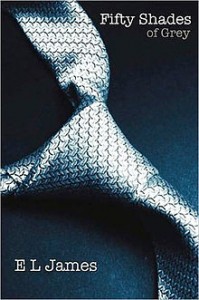
Nightmare Magazine, October 2012 by John Joseph Adams
My rating: 4 of 5 stars
What a great debut issue of a promising magazine! I also enjoyed listening to the podcasts for two of the four fiction pieces (if you want something to listen to this Halloween, I’d highly recommend going to iTunes or wherever great podcasts are available and downloading the Tales to Terrify episode from this week, featuring Laird Barron’s story, “Frontier Death Song”–the reading and the story are both a lot of creepy fun). The interviews with the authors seemed a little cursory (I’ve enjoyed interviews of this nature a little better in One Story, for example), and I’m looking forward to the column discussing the horror genre digging deeper in the coming months; this issue’s defense of horror is fine, but it also makes points Peter Straub has been making for decades. Overall, however, this magazine is exactly what I want showing up at my door every month.
The standout stories in this issue for me are definitely Barron’s aforementioned “Frontier Death Song,” about a man chased by some nasty heavies from the Alaskan wilds (Barron himself raced the Iditarod three times, and his authority over such material here is a real benefit), and also Sarah Langan’s “Afterlife,” which is a clear lock for inclusion in any self-respecting anthology of the year’s best horror. “Afterlife” tells the story of a woman, trapped in her abusive mother’s house for forty-plus years, trying to convince the ghosts in the attic to move on before it’s too late. The gift for grim, inspired details in Langan’s story reminded me a lot of the same quality I loved so much in Katherine Dunn’s Geek Love.
The other two stories were good, but they weren’t quite knockouts for me, but I’m sure there are people who will like them better. What’s nice about the magazine as a whole is that it found four distinct voices to highlight the potential range of this great genre.
Can’t wait for the next issue!









